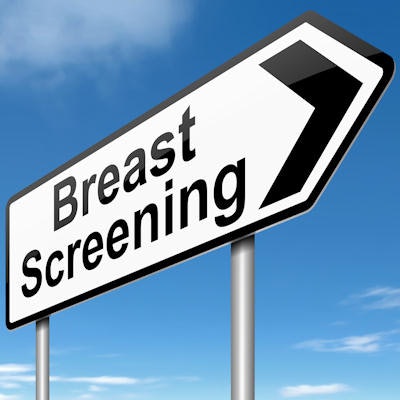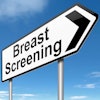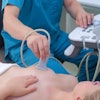
Physicians aren't necessarily consistent when it comes to screening mammography guidelines and their actual clinical practice, according to a study published February 28 in the Journal of Breast Imaging.
A team led by Dr. Rebecca Oudsema of the University of Michigan in Ann Arbor distributed a survey via email and social media to 728 physicians and medical students across the U.S. in an effort to better understand physicians' comprehension of breast cancer screening guidelines and what they actually recommend to patients. Survey participants represented more than 200 different institutions and more than 60 medical specialties.
The group found that 54.8% of survey respondents "felt uncomfortable in their knowledge of breast cancer screening recommendations" and 76.2% were uncomfortable in their knowledge of existing literature on breast cancer screening, although attending physicians were more comfortable than trainees (70.6% compared with 39.9%). Oudsema and colleagues also found that attending physicians were more likely to recommend their patients begin screening at the age of 40 (87.7%), and more than 90% of survey respondents across all levels of training stated they recommended breast cancer screening to patients 50 and older.
The greatest inconsistencies of screening recommendation practice were for patients between the ages of 40 and 49 and those over 75, the group noted. And this could have consequences for patients if it translates to missed cancers.
"Results showed a disparity in screening practices by clinicians in all levels of training, particularly for patients ages 40 to 49 and 75 and over," the authors wrote. "Later initiation with less frequent intervals between screens may reduce the impact of screening on mortality reduction."



















